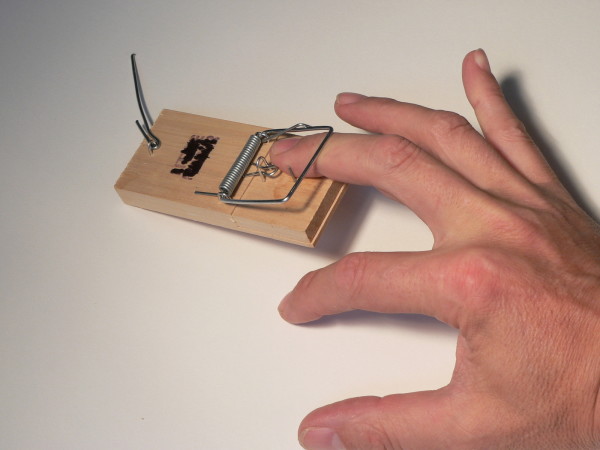- August 17, 2016
- Posted by: Liam Dai
- Category: Uncategorized

Are You in Peril? How Insurers Define Coverage
Knowledge is power. That’s why it always helps to be informed about the not only how to insure your property, but how the insurance company defines its own jargon. One of the terms you may have seen while reading over your policy was “perils”. Short of sounding like a princess is in trouble, “perils” is the insurance industry’s name for what is covered in a property policy. In this article, we’ll take a look at some of the varieties of perils that insurers use to define the limits of your coverage.
What kinds of perils?
There’s two basic types of coverage that you should be aware of: open perils and named perils. Let’s take a look at the difference of each and how they affect your coverage.
Named Perils
Like their name, named perils provide coverage only for those specific perils listed, such as fire, theft, and vandalism. You may have heard perils like this being referred to as broad form policies. For standard HO-3 homeowners policies, these include:
- Fire or Lightning
- *Windstorm or hail
- Explosions
- Rioting or civil commotion
- Damage caused by aircraft
- Damage caused by vehicles
- **Smoke
- Vandalism/Malicious Mischief
- Theft
- Falling objects
- Volcanic eruption
- Damage from the weight of snow, ice, or sleet
- Water damage from plumbing, heating, or air-conditioning overflow
- Water heater cracking, tearing, and burning
- Damage from electrical current
- Pipes freezing
While these may seem to cover a broad range of catastrophes that can occur to your home/property, be advised that some insurers may specifically exclude these from their policies. In addition, the burden of proof is on the claimant, not the insurer, who much show that the loss was caused by a listed peril.
* This peril does not include loss to property contained in a building, unless the direct force of wind or hail damages the building first.
* * This peril means sudden and accidental damage from smoke
Open Perils
In contrast to named perils, there are open perils. Also known as special perils/all-risk/comprehensive, these differ from named perils by providing coverage that isn’t specifically excluded in the policy. The advantage to open perils is for the insurer to deny your claim; the burden of proof is on the insurance company, not the claimant. This gives the consumer a clear advantage when trying to be compensated for damages. The only disadvantage is cost, as open perils coverage is more expensive than named perils.
The typical wording (paraphrased) of open perils on your homeowners policy begins as:
“We insure against risks of direct loss to property…if that loss is a physical loss to the property; however we do not insure loss…“
Reading along in the policy, you may notice other wordings that include exclusions, such as:
- …caused by risks associated with home maintenance/wear-and-tear,
- …unusual hazards (theft to a dwelling under construction, or
- …vandalism to a home left vacant for over 30 days
However, it should be noted that this type of coverage doesn’t cover earthquakes, floods, auto collisions, etc—basically, those require their own insurance.
As a rule of thumb, open perils insurance policy never covers all risks of loss. Some unscrupulous insurers mislead their clients by selling “all risk” insurance knowing it is not “all risk.” Again, knowledge is power for the savvy consumer.
* * *
As you can see, an open perils policy is clearly superior, but not all budgets and situations are so cut-and-dry. This is why we recommend you speak to the expert advisors at RiskBlock to determine just what coverage you need to keep you and your family safe and sound.
